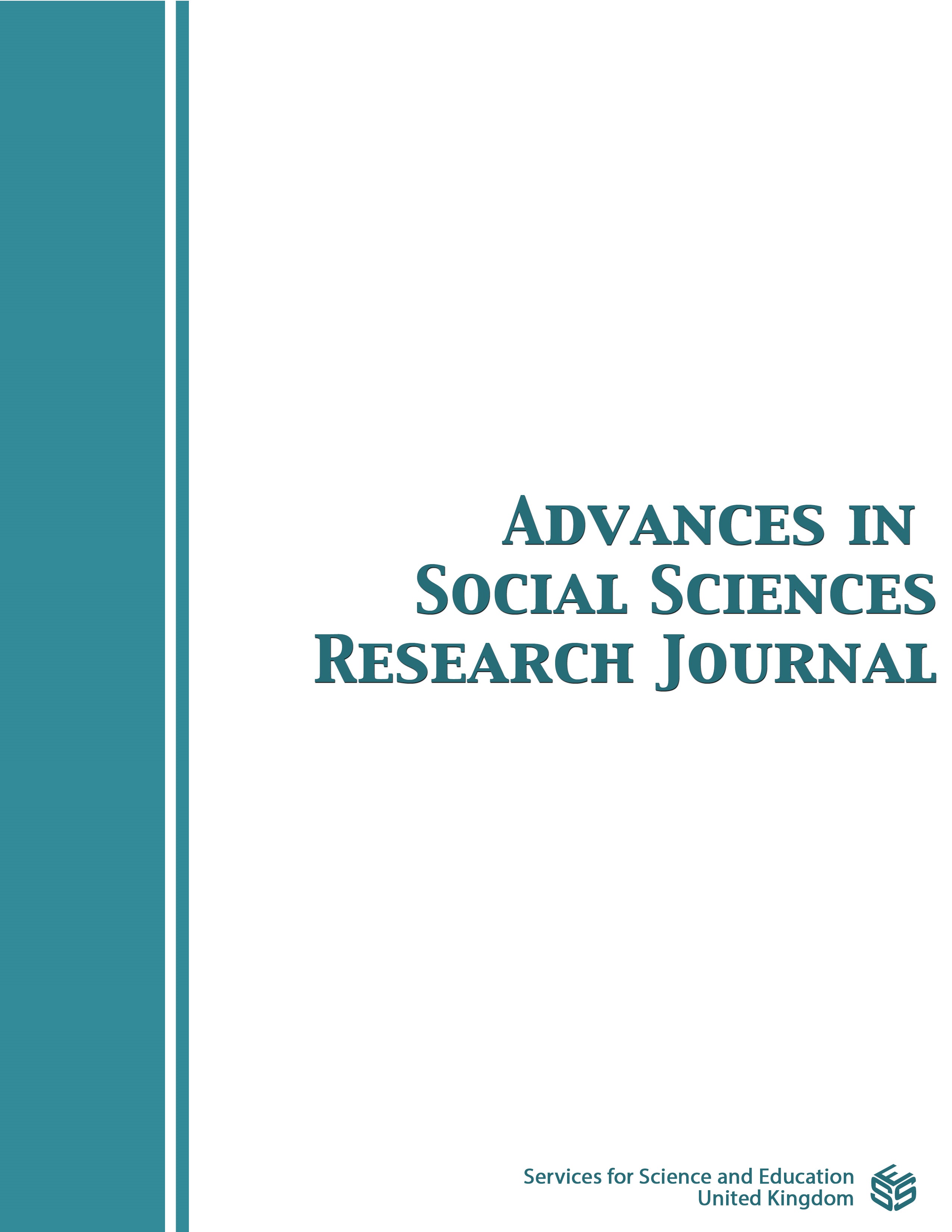Relationship betwwn Interpersonal Distress and Interpersonal Conflict Management Modes among College Students
DOI:
https://doi.org/10.14738/assrj.811.11301Keywords:
College Students, Interpersonal Conflict Management Modes, Interpersonal Distress, Multivariate Stepwise Linear RegressionAbstract
Objective To explore the status of college students' interpersonal conflict management modes and interpersonal distress, and analyze the impact of interpersonal conflict management modes on college students' interpersonal distress. Methods 471 college students in Guangdong Province were randomly selected through Internet recruitment. They were investigated with Interpersonal Comprehensive Diagnostic Scale for College Students (ICDS) and Thomas-Kilmann Conflict Mode Instrument (MODE). Results ⑴ The total score of ICDS was (13.49±3.41); The scores of competition, cooperation, compromise, avoidance and accommodation were (7.83±1.40), (6.06±1.58), (6.59±1.37), (5.18±1.25) and (5.67 ±0.94), respectively. (2) There was a significant correlation between the score of each dimension of MODE and the total score of ICDS and the scores of following three dimensions of conversation, making friends and dealing with people (|r| =.175 to .483, all P <. 01). ⑶ The results of multivariate stepwise linear regression showed that competition, avoidance and accommodation were positively correlated with the total score of ICDS(β= . 483, . 461, . 175, all P <. 01), and cooperation and compromise were negatively correlated with the total score of ICDS (β=-.311, -. 298, P <. 01). Conclusion The interpersonal distress of college students is obvious, and their interpersonal communication ability needs to be improved. The interpersonal conflict management mode may be one of the main influencing factors of college students' interpersonal distress.
Downloads
Published
How to Cite
Issue
Section
License
Copyright (c) 2021 Yongmei HOU, Yuyan LI

This work is licensed under a Creative Commons Attribution 4.0 International License.
Authors wishing to include figures, tables, or text passages that have already been published elsewhere are required to obtain permission from the copyright owner(s) for both the print and online format and to include evidence that such permission has been granted when submitting their papers. Any material received without such evidence will be assumed to originate from the authors.






